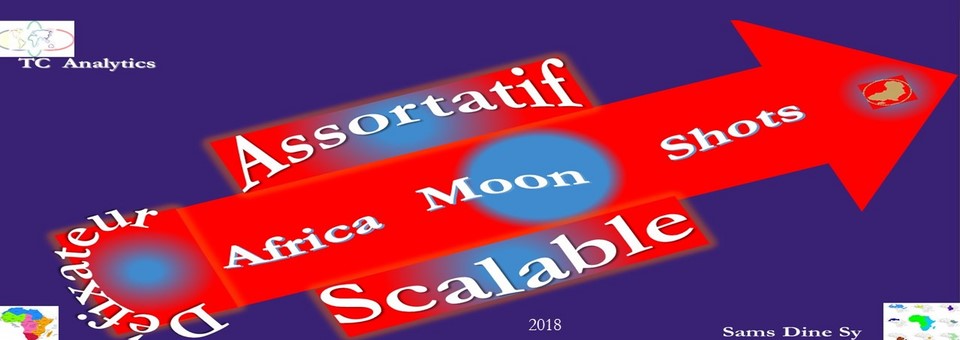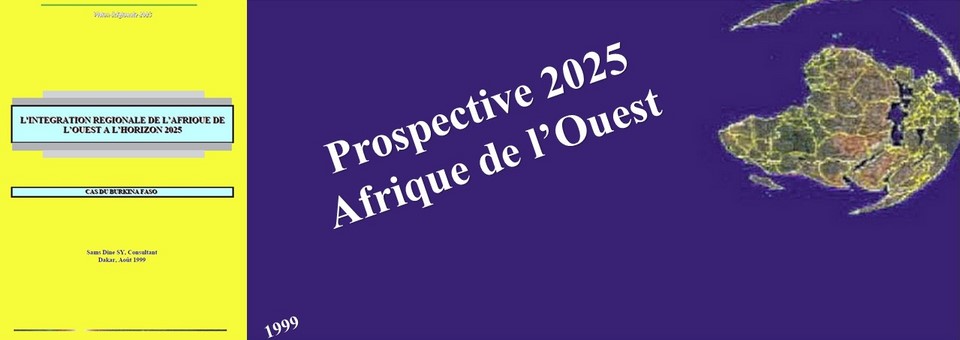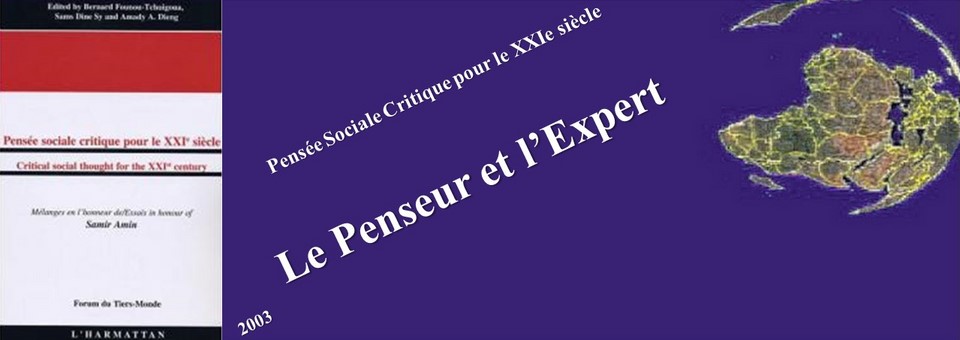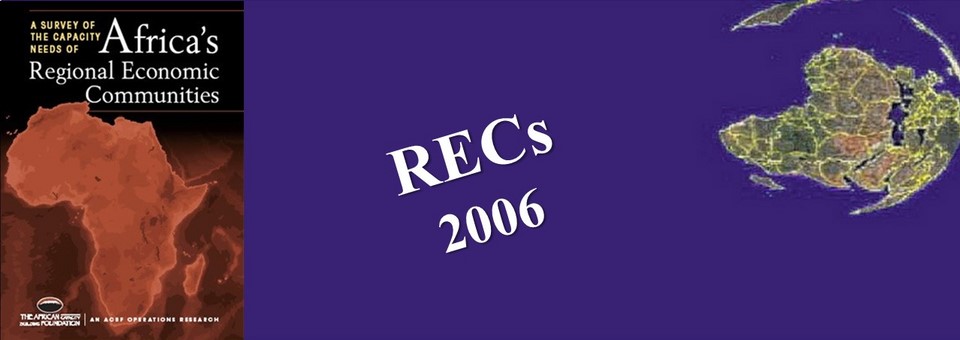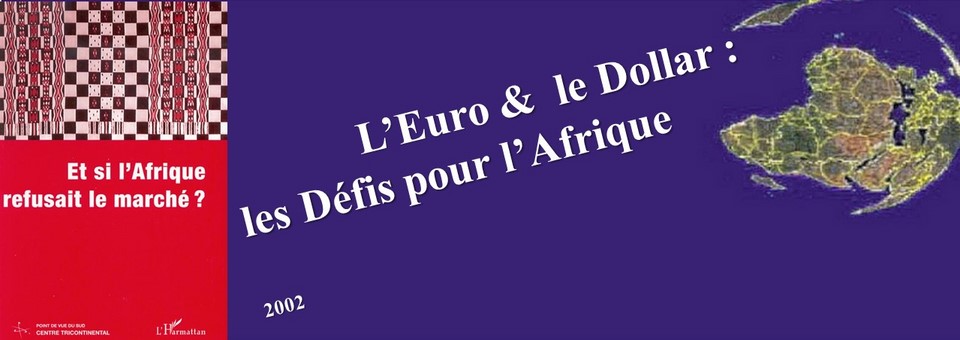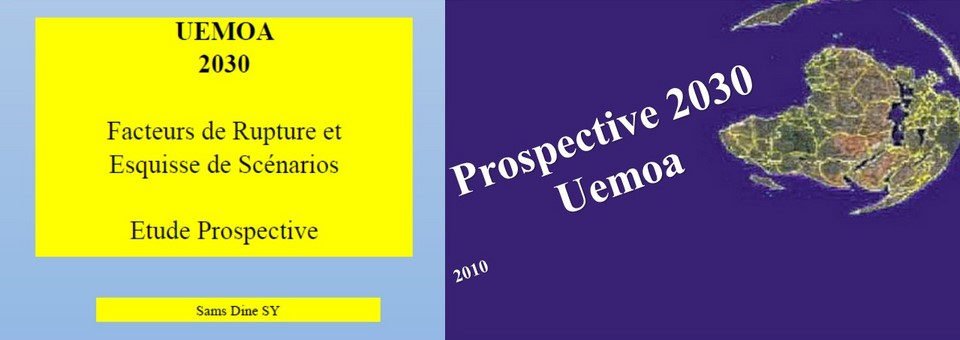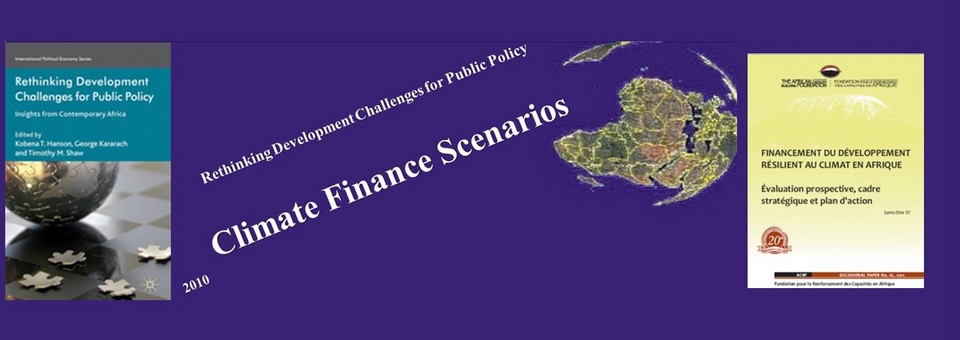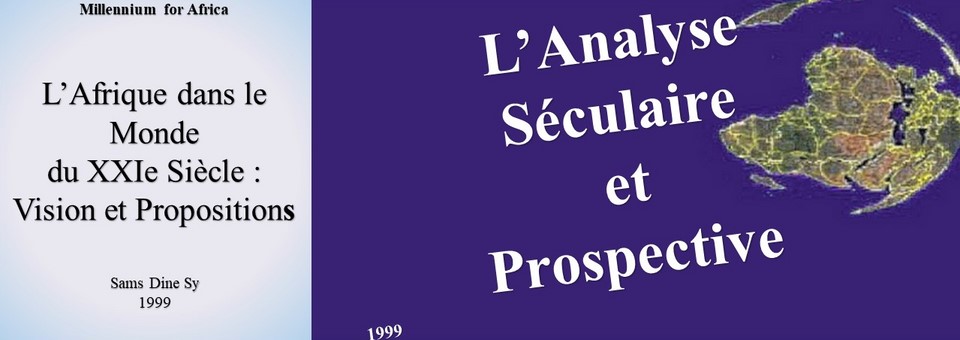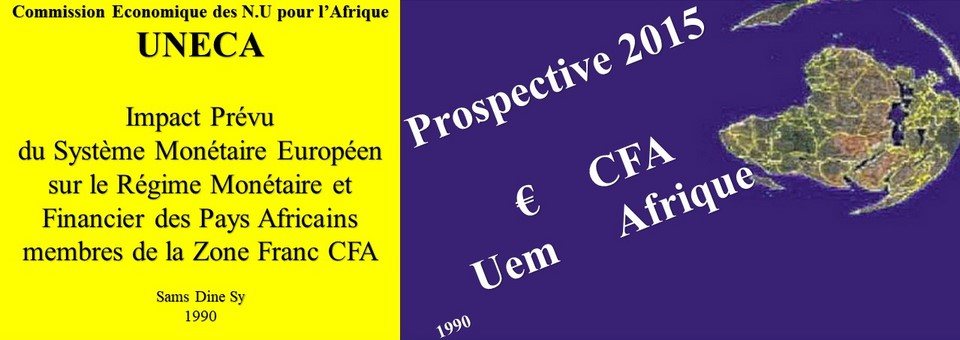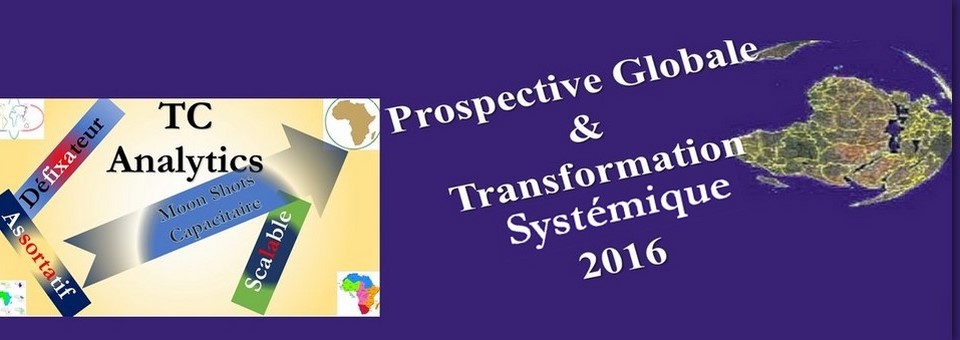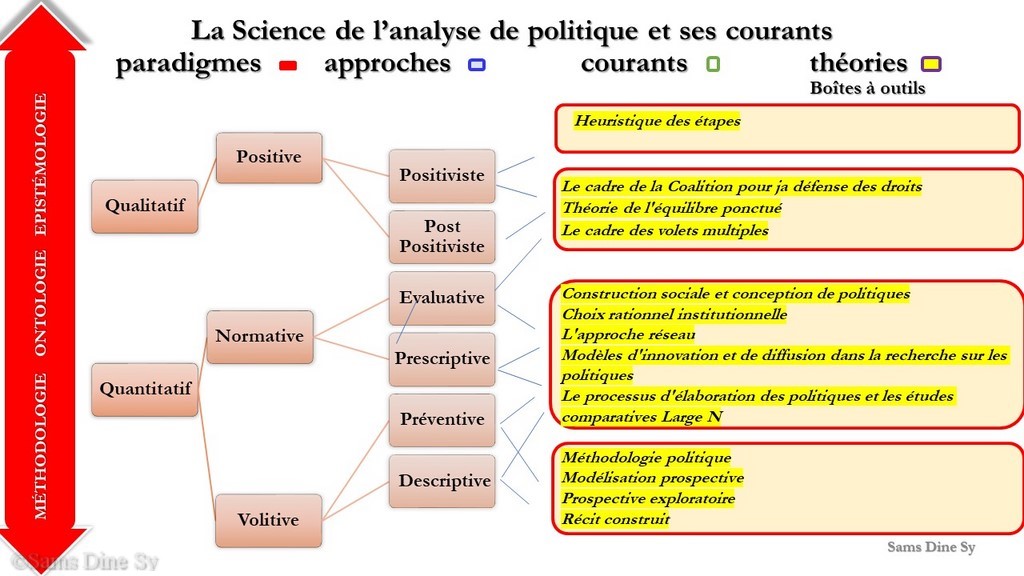Democracy Africa
- "WE THE PEOPLES" ALSO HAVE THE RIGHT TO DEMOCRACY
- Introduction
- 1. Democracy: between eclipse and "I am the State!"
- 2. Revisiting the democracy index
- 3. For a Summit on the Future of Democracy
- 4. The case of Senegal: at the summit on the future of democracy
- 5. Other case studies to be submitted at the "Summit on the Future of Democracy"
- Tripolar Helical Diagram
"WE THE PEOPLES" ALSO HAVE THE RIGHT TO DEMOCRACY
Democracy; We The Peoples; Africa; French-speaking countries; EIU Democracy Index ; French Jacobin State ; Science Prospective ; Exploratory Methodology; Constructive Science ; Policy Analysis; Transformative Science; Cyclic Analysis; UN 2.0; Tripolar Helical Diagram
Introduction
1. Democracy: between eclipse and "I am the State!"
Democracy is certainly a universal right, a Common Good until the "Last Mile" where Africa is according to the available indicators. The plea, however surprising, assumes that this Value is excluded by "We the Peoples" who signed the Charter of the United Nations on June 26, 1945. In the same way, Africans are forgotten in the other "We the Peoples: The Role of the United Nations in the 21st Century", Millennium Declaration adopted by its General Assembly on 11/09/2000. Yet the UN clearly rejects these assumptions, stating that the first words of the Charter "We the Peoples" reflect the fundamental principle of democracy: “the will of the people is the source of the legitimacy of sovereign states and, therefore, of the UN as a whole". Similarly, the Millennium Declaration clearly affirms its commitment to "Addressing the special needs of Africa" by supporting the consolidation of democracy and assisting Africans in their struggle to achieve durable peace and development and to eradicate poverty, in order to integrate the African continent into the world economy."
Hence the question: is this a failed act that reveals a definitive eclipse of democracy in Africa and is intended to absolve the international system of any responsibility for the failure of Africans to exercise this right? Yes, if the newspaper means that everything has been done to ensure that Africans exercise this right but do not succeed; especially when they are "French-speaking". The available data confirm this hypothesis. According to various sources, including "The Economist Intelligence Unit (EIU Democracy Index"), the number of countries per continent that more or less respect the democratic process has fallen in the 54 African countries from 16 in 2000 to 7 in 2024 . Far behind all the other peoples still in 2024: Oceanians (3/3, the other 11 countries not included), Europeans (35/44), Asians (14/49), Americans (13/35). The fall, mainly attributed to conflicts, is even more dizzying in the former French colonies in Africa where this number would have fallen from 8/25 to 0 if by some miracle, Senegal had not saved their honor in 2024. Extended to other fully or partially French-speaking countries, the score is sobering: 0/4 Asian, 1/2 American (Canada), 4/4 European, including 3 full democracies (Switzerland, Luxembourg, Belgium) and one flawed (France).
Hence the "African democratic eclipse" can be attributed solely to the "heavy ambiguities of France", its satraps as well as to the multiplication of predatory states and the emergence of military autocracies exploiting resentment towards France. A step that the newspaper takes without bothering to touch the exquisite pain: "the State, it's Me" from which all public management has been derived for several centuries for the benefit of Interest Groups with a Private Agenda or IGPA. Timid attempts at reform fail given the extremely high level of mediocrity and corruption that plagues this "Franco-African" space to the detriment of the provision of Common Good such as democracy. For example, J.J. Laffont deplores the vulnerability of the French Jacobin State to the implications of globalization, unlike most other OECD countries, and proposes several steps "towards a modern state: an economic analysis"1999. A quarter of a century later, this foil to the Westphalian state still displays its ambition: to preserve the gains, to be replicated throughout the world. Hence the multitude of initiatives that make the Jacobin state the favorite terrain of the figure of the typical political entrepreneur " Empire Call Carrier ". The main lesson learned is that the strictly economic approach is not suitable for reforming the state. This is the privileged field of Policy Analysis.
In the newspaper's defence, the EIU Democracy Index overlooks the subject in the choice of the five categories, while only one relates to Policy (functioning of government) while the other four are related to Political (electoral process and pluralism, political participation, political culture, civil liberties). It ignores the influence of the policy process, the modalities of agenda setting, the different transformation cycles, the interactions with the policy cycle. Several attempts to include Policy Analysis in the Public Officials Curriculum are still waiting to be operationalized. Even the latest one initiated by UN 2.0 remains very timid when it retains only one aspect (Strategic Foresight) rather adapted to companies, forgetting that Prospective Science is part of an Exploratory Methodology, which makes it a pole in close interaction with two others: Constructive Science (Policy Analysis) and Transformative Science (Cyclic Analysis). Only in this way does UN 2.0 promote "a cutting-edge culture and cutting-edge skills to enhance the impact of the UN system".
This anecdote sheds some light on the extent of the deficit in these three sciences at the heart of the Tripolar Helical Diagram, especially in the French-speaking world. In the hope that Le Monde will stimulate a new reflection on the indicators of Democracy.
Herman D. Leonard (Harvard University) informs his colleagues that he will give an introductory lecture on the Role of Policy Analysis and Evaluation at a Plan-ENA seminar in 1991. The latter, perplexed, ask him in which language he will speak. Surprised by the question, he promises to think about it. Once there, he starts by asking a riddle about What it does "MDUL" not "MDNM” in a Policy Analysis course. This is enough to cause a mass brain drain eager to have the answer. But, once back, they hasten to erase all traces of the veneer they have received in the hope of gaining access to the highest executive public offices, anxious only to perpetuate the Jacobin tradition "I am the State!", democracy? Ductility!
2. Revisiting the democracy index
Unfortunately, this is not the case anywhere in the world apart from a few timid and partial initiatives. The US undoubtedly contributed to this before locking itself into Normative Science, issuing a decree to enter the Gold Standard Age of Reference Science, sketching out a "Norms of Norms/NoN" type scenario as an alternative to the other two - Science of Sciences/SoS and Future of Futures/FoF - on which the academic world (NASEM) is working in order to industrialize science and that of Think Tanks (APF) to make democracy a market. Neither is the UN's decision. Yet, any signatory to the UN Charter implicitly recognizes that democracy is a good, a value, not simply a right. These are all unifying themes of a vision that is essential for navigating between different scenarios, including those that structure globalization.
3. For a Summit on the Future of Democracy
The African eclipse ultimately stems from a bias since the system of government refers to a vision inscribed in space and time based on an exercise in foresight. To omit this dimension is quite simply to impose oneself as a soothsayer endowed with an "invisible hand" of the type of governance of democracy by the market (kleptocracy, plutocracy, theocracy) or by arms (kakistocracy, ethnocracy). Without excluding the polyarchy (autocracy) type of regime.
4. The case of Senegal: at the summit on the future of democracy
The sixties ushered in a new episode when, following elections, the country gained its independence. Like his mentor, he in turn fell into the republican autocracy for four decades. Colonial culture continued to be pervasive throughout the period of physical drought, aggravated by the financial drought resulting from the Structural Adjustment Programmes (SAPs). Most of the decision-making power remains in the hands of expatriate staff responsible for ensuring the continuity of the continuous flow of massive flight of resources and capital. A flow visible to the naked eye except in statistics. Revenues are therefore primarily allocated to the repayment of the external debt. A debt that is all the more artificial because it stems from this conception of official development assistance which assimilates it - depending on whether it is conditional or concessional - to a bonus for services rendered or a tip to interest groups that are candidates for the preservation of the status quo. The United Nations system is the guarantor of this type of "deal" through the "multi-bi" model, allowing bilateral public donors to hide behind it, to manage this new type of polyarchy in peace, to use the concept of R. Dahl (Who Governs? Democracy and Power in an American City, 1961, New Haven, CT: Yale University Press), even though it refers to only two dimensions of democracy: the right to participate in elections and the political process and the right to public dissent. It evolves towards a semblance of market democracy as soon as the "promotion of the Senegalese businessman" initiative is adopted, allowing one to be a senior civil servant by day and an entrepreneur by night, until the fund is exhausted. An initiative that definitively structures the relationship between the State and the Senegalese private sector, the unions and civil society when they are still demanding, albeit unconsciously, the renewal. The obstacles that slow down any progress towards a de facto democracy are also internal when bureaucracy is set up as de jure systems of government.
From the 1990s onwards, timid changes gradually led the public administration to a new system that gave more space to policy culture in the hope that it would spread to all institutions and citizens. National expertise is involved for the first time in a foresight exercise (Senegal, 2015), even if the strategic methodology imposed by expatriate staff is inadequate. Meanwhile, still from Senegal, another is being conducted at the initiative of the United Nations at the level of the Franc Zone and Africa in the face of monetary Europe, giving rise to all kinds of attempts at capture and diversion through bilateral cooperation, including the injunction to replicate the European model of economic and monetary union without reference to the exercise sponsored by the United Nations. This is a reminder of the monopoly on any regional initiative or new idea. The assessment of the capacity of the public administration to implement projects is a tipping point towards a whole series of exercises exclusively reserved for this national expertise, including the popularization of the Jansson Report, which revolutionized the intervention model of United Nations agencies. As a result, there is an urgent need to reorient the curriculum of economist planners towards policy analysis science (Idep/Uneca) throughout Africa and beyond. For Senegal, this also resulted in the first planning exercise without any donor participation (9th Plan), followed by the development of key policies including the mapping of the innovation system, the promotion of competitiveness clusters and incubators (start-up), financial policy, and public expenditure management policy. To the great displeasure of foreign expertise, which sees it as a danger to its supremacy and cannot believe that so many innovative approaches are spreading in a former colony when it must remain so at all costs. To the great displeasure also of part of the national expertise for whom "Senegal is not an emerging financial market economy but a Social State according to Article 1 of its Constitution", "Senegal has been a Socialist Republic since its independence!"
It was necessary simultaneously to "twist the arm" of the Government and the "invisible hand" that watches over the PAS in order to get out of the period of austerity after having forced the former to clean up the budgetary system full of "special funds", to demonstrate to the latter that its "Comprehensive Development Framework" imposed like an empty shell was not adapted to the realities of the country and to propose an alternative that would operationalizes it to the point of seeing it replicated in other countries under structural adjustment.
Hence the foreseeable break as soon as the prospect of truly being a democracy became a reality in 2000. The new system put in place claims to be "market democracy", the latter being entirely held by a liberal "invisible hand". The new policy of remuneration of state employees, which doubles the salary of civil servants, creates a misunderstanding when at the beginning it was simply a question of repairing an injustice resulting from their blockage during more than two decades of austerity and above all of setting up a new incentive system for performance in view of a more favorable economic outlook. It is interpreted as an open door to all those excesses resulting from market democracy: plutocracy, kleptocracy...
However, this was without counting on the tragedy of September 11, 2001, seen as an attack on democracy. The rest of the world is suddenly locked in the Axis of Evil until it proves otherwise. Immediately, 43 countries agreed to join the coalition in the Iraqi "shock and awe" operation of 20 March 2003 despite the opposition of others within the UN, including China, Russia, Germany and France. While the position of the first three is considered understandable given their history, that of the fourth is described as a betrayal that is all the more unacceptable as it still remains a member of NATO. The punishment inflicted on this member of the Security Council explains Senegal's posture. Not having joined the coalition either, like all the other French-speaking countries in Africa, he gave the change by proclaiming loud and clear (2003) that he was part of the American model, which would have taken only a century to embody democracy and development, unlike Europe. However, this assertion is called into question by the work of A. Maddison (OECD). He added two layers by claiming a larger market share in the management of the regional central bank (2006) and then by demanding the withdrawal of the French military base (2010). This is enough to classify him in another axis of the evil pronounced by the main target of American punishments, accused of insidiously wanting to reorganize NATO in his favor instead of resigning from it, if only to be consistent with his choice not to participate in the coalition against Iraq
Beyond these events, the main effect of the tragedy of 9/11 on Africa, especially French-speaking Africa, is the fall in the democratic index to the point of structuring a Kaki Belt in less than two decades. Since 2000 alone, 42 pushes in Africa, including 26 in French-speaking countries. The reason for this is the multiplication of mistakes (Libya) and traps (Syria, Sahel) resulting from the sentence pronounced by C. Rice, causing instability, conflicts and coups d'état, up to the forced withdrawal of military bases.
This was all it took to create the conditions for a change of regime thanks to a new selection procedure that is all the more subtle and sophisticated because it always goes unnoticed: as soon as one of the most prestigious and influential Think Tanks in the world invites him to a conference, he is endorsed by the "State is Me" in office. The success was so impressive that the principle of replicating this stratagem was made official: all those who aspired to the supreme executive position must now be pre-selected at the end of a conference. We know what happened next: never has his mentor had so much influence in Africa while it was declining sharply everywhere else. An influence that even allows it to oppose any transfer of the attributes of monetary sovereignty at the regional level, particularly in West Africa. This is how so many democracies turn into kleptocracy or market, kakistocracy or selective, plutocracy or pluralist. No wonder that the Senegalese people are once again shouting in 2024 "Enough! I Am Democracy!
5. Other case studies to be submitted at the "Summit on the Future of Democracy"
How to choose:
• Undemocratic system of government: These are countries that openly assume that they are not democracies. For example: Oman, United Arab Emirates, Qatar, Brunei, Afghanistan, Vatican...
• Market democracy: This group includes a number of countries classified according to the EIU index as "full democracy" or "flawed democracy". Example: Canada, Germany, Australia, Switzerland, Taiwan...
• Former Empire wishing without admitting it to regain their possession or glacis (hinterland): UK, France, Spain, Portugal, Italy, Greece, Russia, Japan...
• Kakitsocracy: Countries that have provoked or suffered a coup d'état since 2000 Polyarchy: all the others
29/08/2025
Sams Dine Sy Retired. Former Facilitator in Policy Analysis and Foresight
